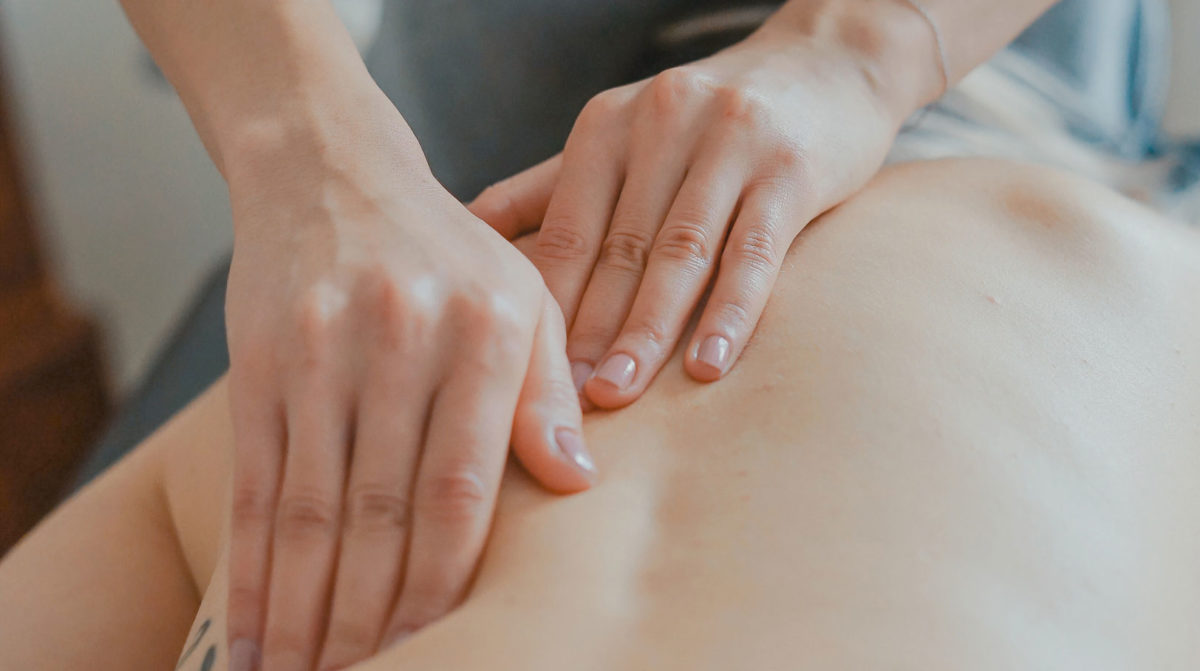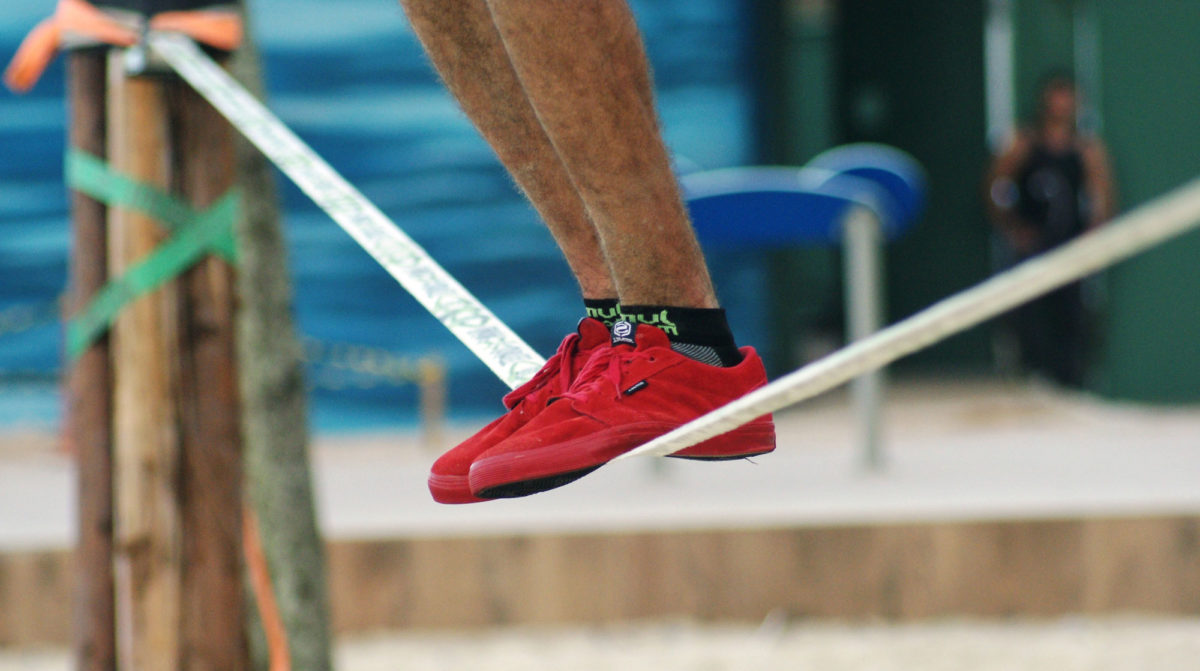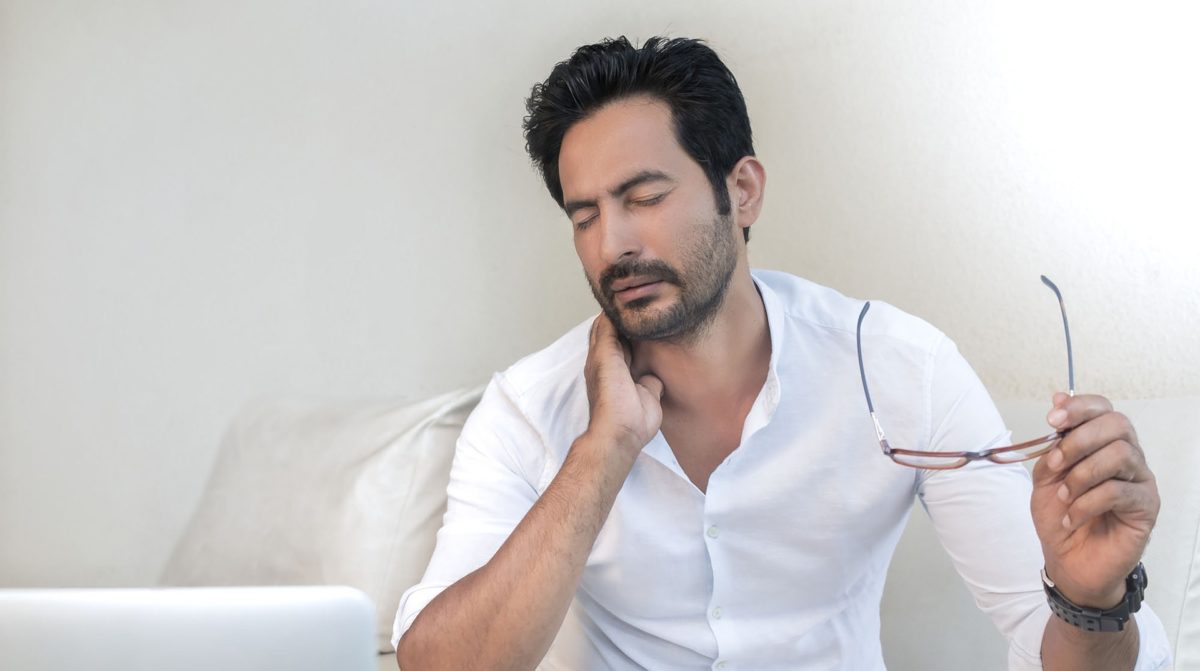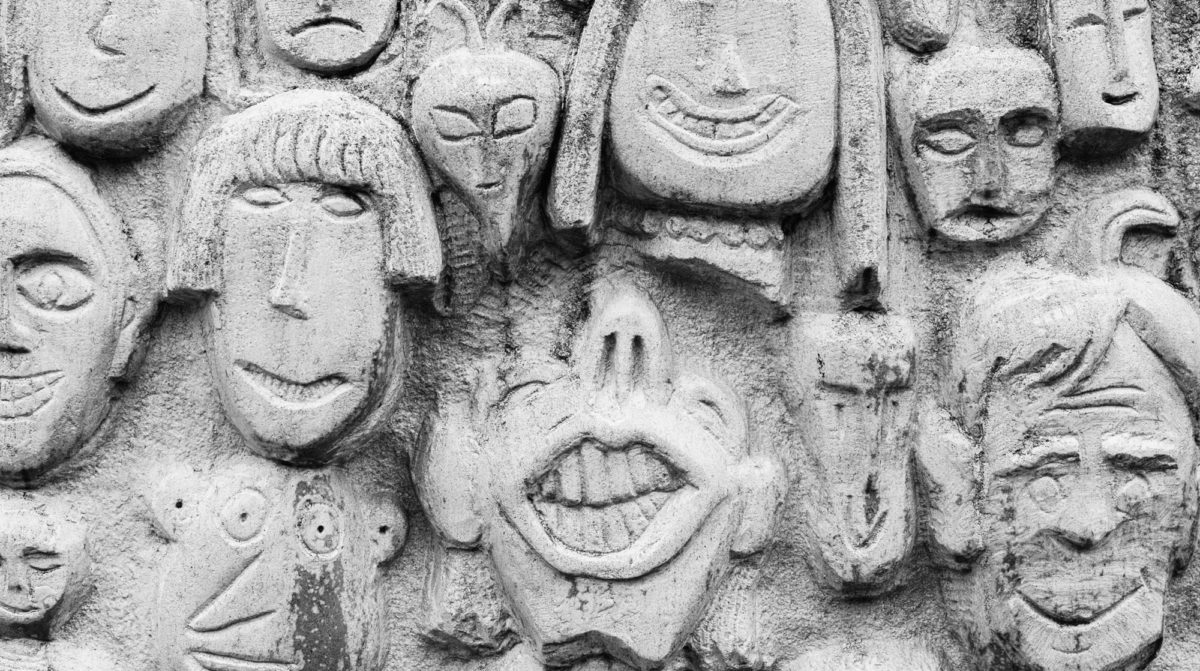
Stress Release Made Easy
What is stress, and how does the body respond to it? Understanding this will help you and your clients manage your stress, recharge your life energy and recover more quickly from illness and injury.
VIEW WORKSHOPWe have a wide range of health and wellbeing workshops including self-help workshops for lay people and professional development workshops for Mind Body Therapists and Manual Therapists.

What is stress, and how does the body respond to it? Understanding this will help you and your clients manage your stress, recharge your life energy and recover more quickly from illness and injury.
VIEW WORKSHOP
The new epigenetic science reveals that your perceptions control your biology. This places you in the driver’s seat, because if you can change your perceptions, you can shape and direct your own genetic expression.
VIEW WORKSHOPYou and your clients often want to improve your energy level to help you look and feel better. The workshop teaches a number of techniques originally developed by the people of Tibet to aid healing and improve energy and vitality.
VIEW WORKSHOP
This workshop contains K-Power®’s basic toolbox. These five foundation skills enable you to apply muscle-testing knowledge to your specialty area.
VIEW WORKSHOP
This hands-on, interpersonal, experiential intensive workshop will help you develop further understanding and skills by teaching you total of 20 emotional stress defusion techniques.
VIEW WORKSHOP
People with co-dependency tend to form or maintain relationships that are one-sided, emotionally destructive and/or abusive. This workshop will help you recognise the basic characteristics of co-dependency, work with definitions to bring awareness and teach clients the basics of mental and emotional self-care.
VIEW WORKSHOP
This workshop contains K-Power®’s basic toolbox. These five foundation skills enable you to apply muscle-testing knowledge to your specialty area.
VIEW WORKSHOP
Back pain is a common side effect when the core muscles are weak or not in balance. In this practical, hands-on workshop you will learn three core techniques that you can apply to every muscle you test.
VIEW WORKSHOP
Clients rarely ask for help because of ‘imbalances in their muscle energy’ – rather they come complaining of pain, restricted movement, weakness, or a combination of these. This workshop covers not only the physical but also the mental, emotional and metaphysical aspects of shoulder problems.
VIEW WORKSHOP
Athletes often talk of strained or pulled ‘quads’ and ‘hams’, occuring mainly in athletes who do not warm up properly. In this workshop you will develop skill and understanding in evaluating and balancing muscle energy imbalances in the hip and thigh regions.
VIEW WORKSHOP
The purpose of this workshop is to develop skill and understanding in evaluating and balancing muscle energy imbalances in the elbow, wrist and hand regions. There are so many people today suffering with occupationally related disorders in these areas.
VIEW WORKSHOP
Knee and ankle injuries are common and can require surgery to heal properly. By learning to use K-Power® reflexes and attending to the emotional component of the injury (both before and after surgery), you may be able to significantly reduce your clients’ recovery time.
VIEW WORKSHOP
Great improvements in movement and relief of pain can be obtained from balancing the neck muscles and relieving the emotional stress that is so often involved in muscle spasm.
VIEW WORKSHOP
Personology explains how our genes express themselves in our structure and personality. In this workshop you will use muscle testing to identify the priority trait (that is, instinctual behavior) causing stress in relation to your clients’ life situations.
VIEW WORKSHOP
Building on the learning gained from the previous workshop, Your Face Is Talking To Me, in this workshop you will learn to use muscle testing to identify 10 further traits (each with instinctual behaviors) that may cause stress in relation to your clients’ life situations.
VIEW WORKSHOP
Flower essence therapy is a simple, reasonably inexpensive way to help you and your clients cope with emotional upsets and injuries, such as cuts, bruises, aches and sprains. It is particularly useful where there are mental or emotional fears.
VIEW WORKSHOP